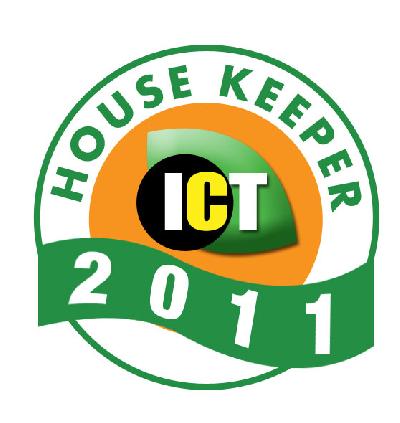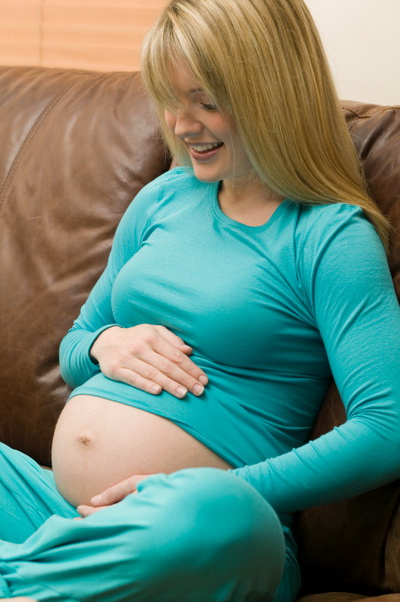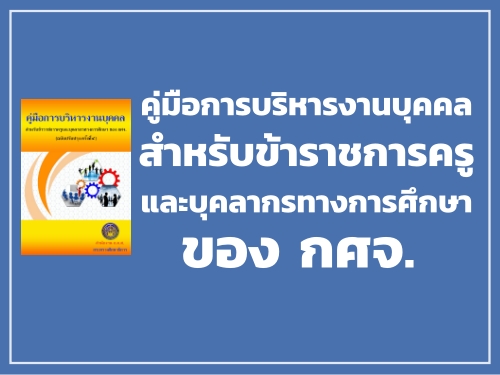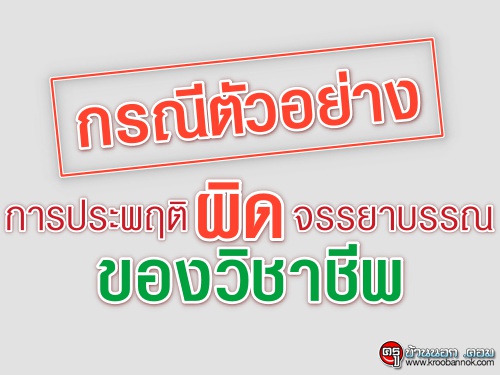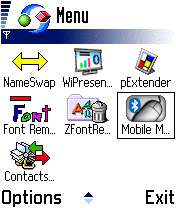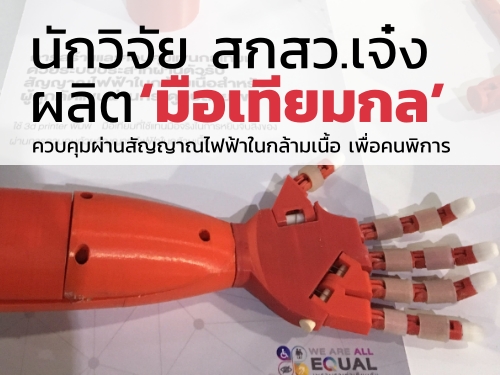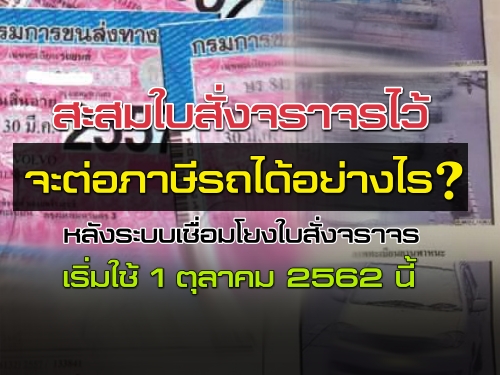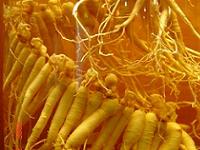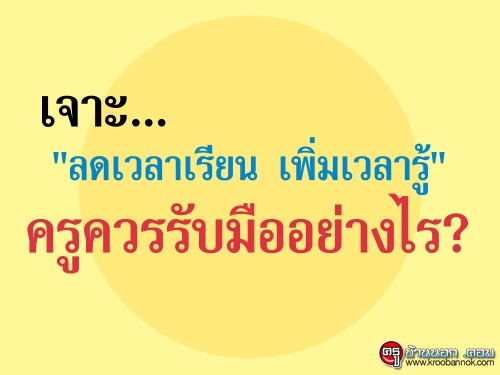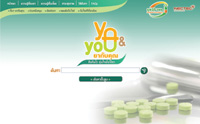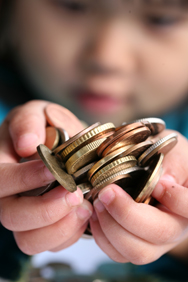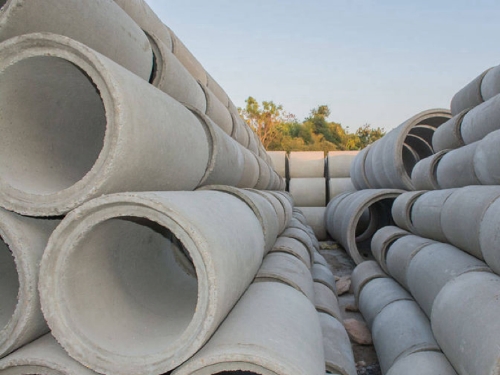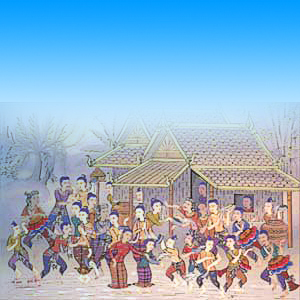ชื่อเรื่อง การวิจัยเรื่องการพัฒนารูปแบบการจัดประสบการณ์แบบบูรณาการ เพื่อเสริมสร้างทักษะการเรียนรู้ด้าน วิทยาศาสตร์ คณิตศาสตร์ และเทคโนโลยี สำหรับเด็กปฐมวัยชั้นอนุบาลปีที่ 3
ผู้วิจัย นางไหมละโฉม หละสัน
ปีการศึกษา 2558
บทคัดย่อ
การวิจัยเรื่องการพัฒนารูปแบบการจัดประสบการณ์แบบบูรณาการ เพื่อเสริมสร้างทักษะการเรียนรู้ด้าน วิทยาศาสตร์ คณิตศาสตร์ และเทคโนโลยี สำหรับเด็กปฐมวัยชั้นอนุบาลปีที่ 3 มีวัตถุประสงค์เพื่อ (1) ศึกษาและวิเคราะห์ข้อมูลเกี่ยวกับการจัดประสบการณ์แบบบูรณาการ เพื่อเสริมสร้างทักษะการเรียนรู้ด้านวิทยาศาสตร์ คณิตศาสตร์ และเทคโนโลยี ของเด็กปฐมวัยชั้นอนุบาลปีที่ 3 (2) พัฒนาและหาประสิทธิภาพของรูปแบบการจัดประสบการณ์แบบบูรณาการ เพื่อเสริมสร้างทักษะการเรียนรู้ด้านวิทยาศาสตร์ คณิตศาสตร์ และเทคโนโลยี สำหรับเด็กปฐมวัยชั้นอนุบาลปีที่ 3 (3) การศึกษาประสิทธิผลของรูปแบบการจัดประสบการณ์แบบบูรณาการ เพื่อเสริมสร้างทักษะการเรียนรู้ด้าน วิทยาศาสตร์ คณิตศาสตร์ และเทคโนโลยี สำหรับเด็กปฐมวัยชั้นอนุบาลปีที่ 3
กลุ่มตัวอย่างที่ใช้ในการวิจัยเป็นเด็กปฐมวัยชั้นอนุบาลปีที่ 3/1 โรงเรียนเทศบาล ๑ บ้านสะเดา สังกัดเทศบาลเมืองสะเดา อำเภอสะเดา จังหวัดสงขลา ภาคเรียนที่ 2 ปีการศึกษา 2558 จำนวน 31 คน เครื่องมือที่ใช้ในการรวบรวมข้อมูลประกอบด้วย ได้แก่ 1) รูปแบบการจัดประสบการณ์แบบบูรณาการ เพื่อเสริมสร้างทักษะการเรียนรู้ทางด้านวิทยาศาสตร์ คณิตศาสตร์ และเทคโนโลยี PLSE Model 2) แผนการจัดประสบการณ์ จำนวน 24 เรื่อง 3) แบบทดสอบผลสัมฤทธิ์ทางการเรียน จำนวน 3 ชุดๆ ละ 10 ข้อ รวม 30 ข้อ มีค่าความยากง่ายระหว่าง 0.20 ถึง 0.80 ค่าอำนาจจำแนกตั้งแต่ 0.20 ขึ้นไป ค่าความเชื่อมั่นของแบบทดสอบเท่ากับ 0.83 0.82 และ 0.79 ตามลำดับ 4) แบบประเมินความ พึงพอใจ มีลักษณะเป็นมาตราส่วนประมาณค่า 5 ระดับ จำนวน 10 ข้อ มีค่าความเชื่อมั่นเท่ากับ 0.89 สถิติที่ใช้ในการวิเคราะห์ข้อมูลคือ ค่าเฉลี่ย ( ) ค่าเบี่ยงเบนมาตรฐาน (S.D) การทดสอบค่าที (t - test) แบบ Dependent Group
ผลการวิจัยพบว่า
1. ผลศึกษาและวิเคราะห์ข้อมูลเกี่ยวกับการจัดประสบการณ์แบบบูรณาการ เพื่อ เสริมสร้างทักษะการเรียนรู้ด้านวิทยาศาสตร์ คณิตศาสตร์ และเทคโนโลยี ของเด็กปฐมวัยชั้นอนุบาลปีที่ 3 พบว่ามีสภาพที่คาดหวังคือมุ่งปฏิรูปการเรียนรู้ โดยยึดหลักผู้เรียนเป็นศูนย์กลางจัดเนื้อหาสาระและกิจกรรมให้สอดคล้องกับความสนใจและความแตกต่างของผู้เรียน โดยมีการ บูรณาการผสมผสานสาระความรู้ด้านต่างๆ อย่างได้สัดส่วนสมดุล และมีการฝึกทักษะกระบวนการคิดการจัดการ การเผชิญสถานการณ์ การฝึกปฏิบัติ ลงมือทำ และการประยุกต์ความรู้ไปใช้ เพื่อป้องกันและแก้ไขปัญหา รวมทั้งปลูกฝังคุณธรรม ค่านิยมที่ดีงาม และประสานความร่วมมือกับผู้ปกครองและชุมชน เพื่อร่วมกันพัฒนาผู้เรียนตามศักยภาพ
2. ผลการพัฒนาและหาประสิทธิภาพของรูปแบบการจัดประสบการณ์แบบบูรณาการ เพื่อเสริมสร้างทักษะการเรียนรู้ด้านวิทยาศาสตร์ คณิตศาสตร์ และเทคโนโลยี สาหรับเด็กปฐมวัยชั้นอนุบาลปีที่ 3 ผลการวิจัย พบว่า
2.1 รูปแบบการจัดประสบการณ์แบบบูรณาการ เพื่อเสริมสร้างทักษะการเรียนรู้ด้านวิทยาศาสตร์ คณิตศาสตร์ และเทคโนโลยี สาหรับเด็กปฐมวัยชั้นอนุบาลปีที่ 3 มีชื่อว่า PLSE Model ประกอบด้วย 4 ขั้นตอนดังนี้ 1) ขั้นเตรียมความพร้อมและกระตุ้นแรงจูงใจในการเรียน (Preparation and Motivation Stage : P) 2) ขั้นเรียนรู้โดยการฝึกทักษะ (Learning by Practicing Skills Stage : L) 3) ขั้นสรุป (Summarization Stage : S) และ 4) ขั้นประเมินผล (Evaluation Stage : E)
2.2 รูปแบบการจัดประสบการณ์แบบบูรณาการ เพื่อเสริมสร้างทักษะการเรียนรู้ด้านวิทยาศาสตร์ คณิตศาสตร์ และเทคโนโลยี สาหรับเด็กปฐมวัยชั้นอนุบาลปีที่ 3 ที่พัฒนาขึ้นมีประสิทธิภาพเท่ากับ 82.87/83.12
3. ผลการศึกษาประสิทธิผลของรูปแบบการจัดประสบการณ์แบบบูรณาการ เพื่อเสริมสร้างทักษะการเรียนรู้ด้าน วิทยาศาสตร์ คณิตศาสตร์ และเทคโนโลยี สาหรับเด็กปฐมวัยชั้นอนุบาลปีที่ 3 ผลการวิจัยพบว่า
3.1 ผลสัมฤทธิ์ทางการเรียนของเด็กปฐมวัยชั้นอนุบาลปีที่ 3 หลังการจัดประสบการณ์ สูงกว่าก่อนการจัดประสบการณ์โดยใช้รูปแบบการจัดประสบการณ์แบบบูรณาการ เพื่อเสริมสร้างทักษะการเรียนรู้ทางด้านวิทยาศาสตร์ คณิตศาสตร์ และเทคโนโลยี อย่างมีนัยสำคัญทางสถิติที่ระดับ .01
3.2 ความพึงพอใจของเด็กปฐมวัยชั้นอนุบาลปีที่ 3 ที่มีต่อการเรียนโดยใช้รูปแบบการจัดประสบการณ์แบบบูรณาการ เพื่อเสริมสร้างทักษะการเรียนรู้ทางด้านวิทยาศาสตร์ คณิตศาสตร์ และเทคโนโลยี อยู่ในระดับมาก
Title The Development of the Integrated Experience Model to Support Science Math
and Teehnology Learning Skills of Early Kindergarten Level 3 Support Learning
Skills of Year 3 Early Kindergarten Level Students
Researcher Mrs. MailachomLasan
Academic Year 2015
Abstract
The Development of the Integrated Experience Model to Support Science Math and Teehnology Learning Skills of Early Kindergarten Level 3 from Tessaban 1 Ban Sadao School, Sadao Municipality, Sadao district Songkhla province. The objectives of this research were as follows : To study and analyze the information about the integrated experience model to support learning skills of Year 3 early kindergarten level 3. To develop and find the efficiency performance of the integrated experience model to promote learning skills of Year 3 early kindergarten level 3. To compare the academic achievement of early kindergarten level 3 who studied with the integrated experience model to promote learning skills of Year 3 early kindergarten level 3. To study the satisfaction of early kindergarten level 3. for learning by using the forms of integrated experience model to promote learning skills of Year 3 early kindergarten level 3. The sample group is students from early kindergarten level 3/1 from Tessaban 1 Ban Sadao School. in the second semester of academic year 2015. 30 students were selected using simple random sampling by using the classroom as a simple random sampling unit (Simple Random Sampling Unit) the materials used in the study is the integrated experience model to promote learning skills which is called PLSE Model. The materials used for collecting data are : 1) twenty four lesson plans which are used in the integrated experience model to support learning skills. 2) the achievement evaluation test of three sets of 10 items each, a total of 30 items with the difficulty between 0.20 to 0.80 and discrimination from 0:20 to 1:00. The reliability of the test was 0.83, 0.82 and 0.79 respectively. 3) The satisfaction evaluation rating which is a three-level rating scale with 10 items with the conviction 0.89 statistics used for data analysis, mean ( ), standard deviation (S.D.) t test (t - test) with Dependent Group.
The research results were as follows;
1. The analysis of the specific policy goals of education in the kindergarten level was found to have a condition that is focused on learning reform that is learner-centered, managing the content and activities in line with the interests and differences of students by using the integration combining the knowledge of balanced and practicing cognitive skills to manage the situation, practical implementation and application of knowledge to use for preventing and resolving conflicts as well as cultivating virtues and good values and collaboration with parents and the community to jointly develop students potential.
2. The integrated experience model to support learning skills which has been developed is called PLSE Model, it consists of four steps : To prepare and motivate to learn (Preparation and Motivation Stage: P) To learn by practicing skills (Learning. by Practicing Skills Stage: L) 3) To conclusion (Summarization Stage: S) and To evaluate (Evaluation Stage: E) by the integrated experience model to support learning skills which are developed effectively equal to 82.87 / 83.12 .
3. The study achievement result of 3 early kindergarten level 3 after the experience management is higher than before the experience management by using the integrated experience model to Experience Model to Support Science Math and Technology Learning Skills of Early Kindergarten, the level of statistical significance 0.01.
4. The satisfaction of the 3 early kindergarten level 3 students of learning by using the integrated experience model to support Science Math and Technology learning skills are based on good high level.


 ค้นหาทุกอย่างในเว็บครูบ้านนอก :
ค้นหาทุกอย่างในเว็บครูบ้านนอก :











